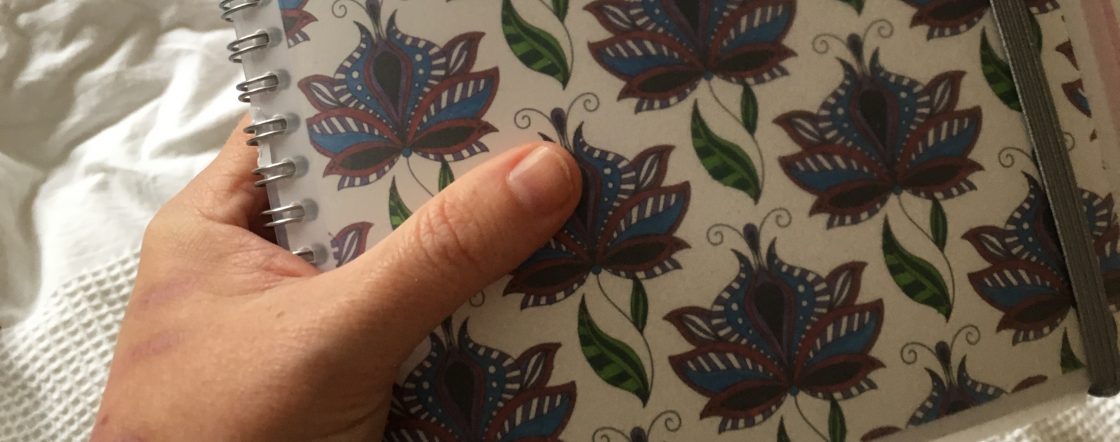There are all these pieces of paper in my house. Pieces of paper relating to my mental health.
There are discharge summaries from the hospital. Discharge summaries from the crisis team. Letters from my psychiatrist to my GP. Letters booking me in for psychology appointments.
There are all these packets of pills in my house. Pills relating to my mental health.
There are pills in the cupboard where I keep the cereal bowls, to be taken in the morning. Pills in my bedside table, to be taken at night. Pills in my purse, to be taken when my symptoms overwhelm me.
Until fairly recently, I looked upon these things as the trappings of a short-term mental illness. I assumed that in time, with enough medication and enough therapy, I’d be able to shred the paperwork and flush the pills down the toilet. I assumed I’d be cured.
That changed when two little words on all those pieces of paper became three: when my official DSM-IV diagnosis changed from ‘depressive episode’ to ‘recurrent depressive disorder.’
It wasn’t really a surprise. Depression is something that’s plagued me since my teenage years – over 20 years ago. I’ve not always sought medical help, so my episodes haven’t always been officially documented, but it has never felt far away.
The change of diagnosis, however, has caused a bit of a conflict in my mind. On the one hand, I want to fight against it. Recurrent depressive disorder? No way! This is something I can and will overcome. I don’t want to be on medication for the rest of my life. I don’t want to be in therapy for the rest of my life. I don’t want to be an 80-something still taking a daily cocktail of psychotropic drugs and agonising over the contents of my brain. Give it a few more months, and I’ll be back to normal, OK?
But on the other hand, it’s made me want to surrender. And right now, that is the stronger, more vocal part of me. The problem is that the line between acceptance and surrender seems very fine.
Acceptance means recognising that this is a long-term health condition in the same way that diabetes or chronic fatigue syndrome are long-term conditions. It means acknowledging that I’m going to have to take medication for a prolonged period, maybe even forever. It means acceding to regular appointments with various doctors and therapists. But it means committing to doing what I can to stay well.
Surrender, however, is different.
Surrender means giving in to this illness. It means assuming that at some point, I’m going to end up back in the psych hospital again. It means losing faith in my medication, my therapy and my self-care strategies.
Most worryingly – but most convincingly – it means that I cannot see myself living a life that doesn’t end in suicide. I’m not suicidal right now; far from it. But it seems inevitable to me that my life will end by my own hand.
Right here, right now, I want to accept, but I feel pulled by the irresistible force of surrender.
I don’t yet know which will win.
